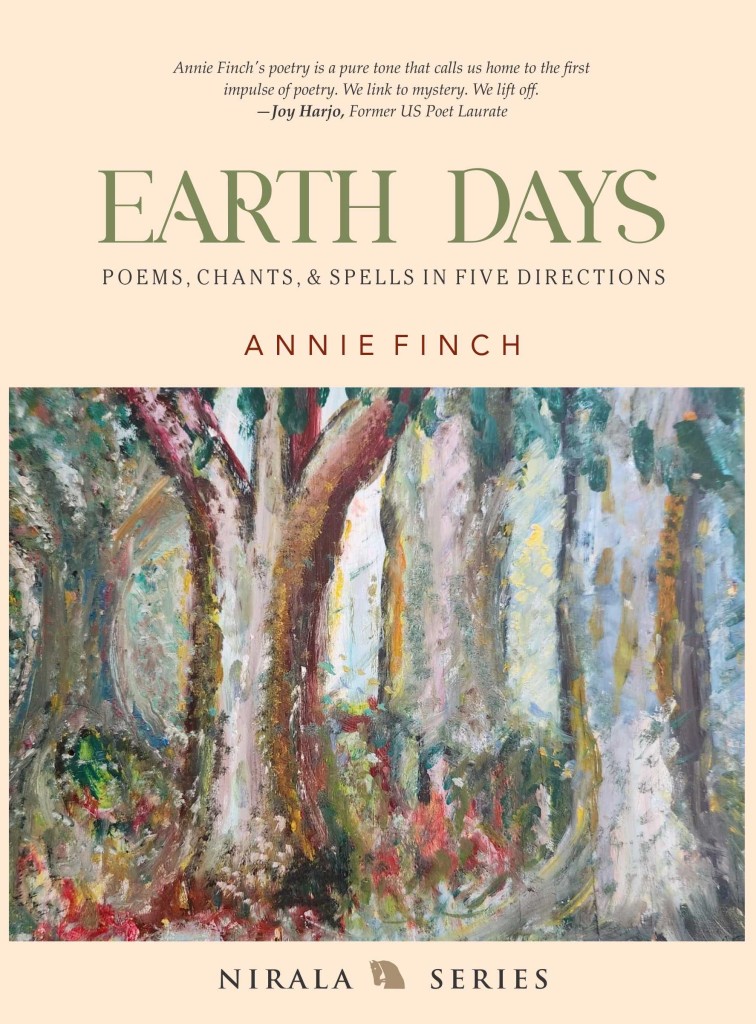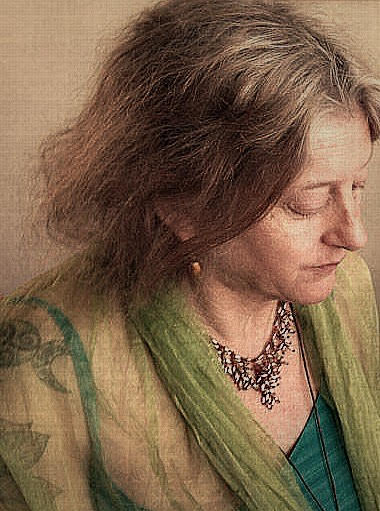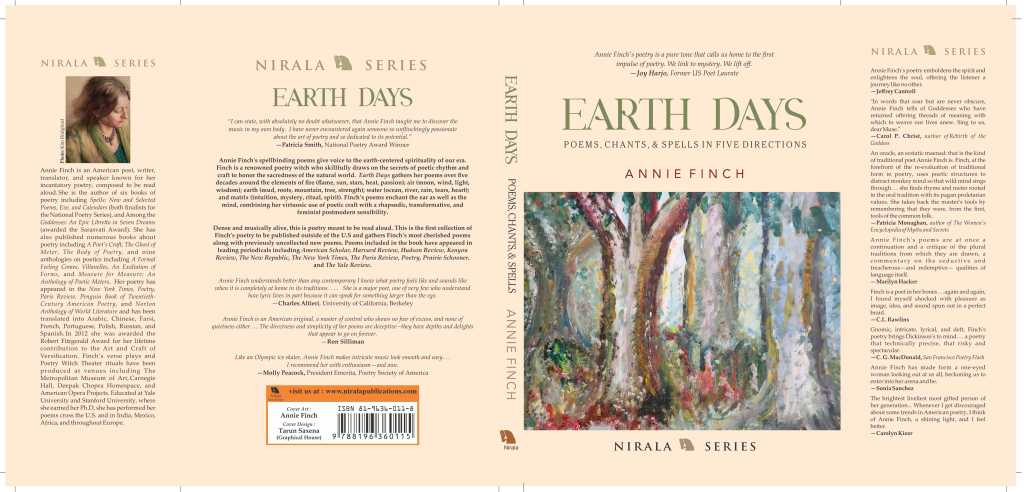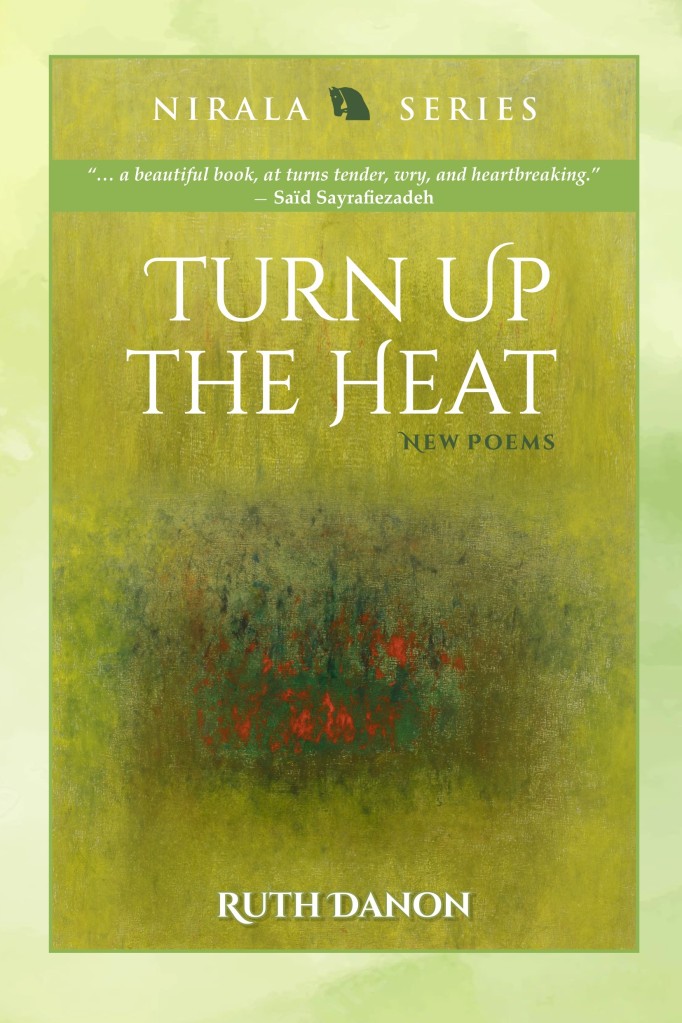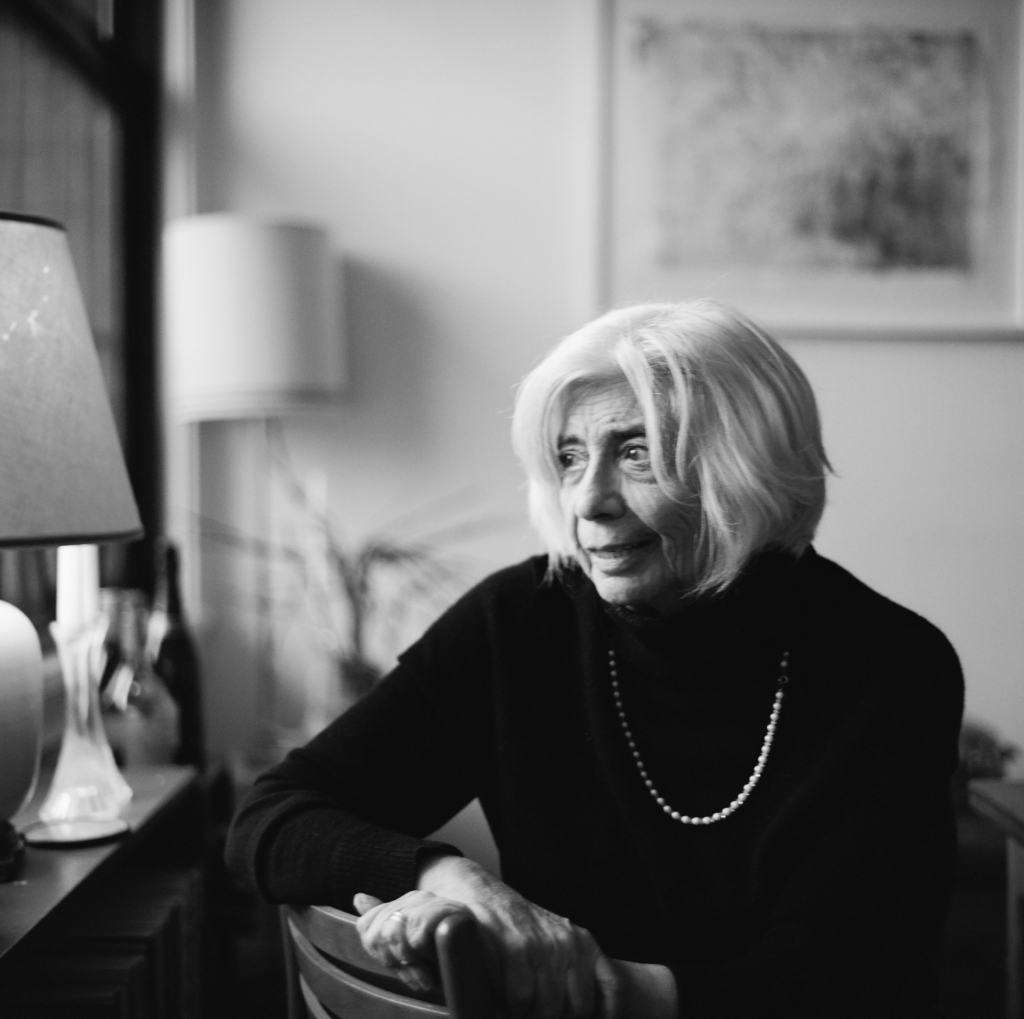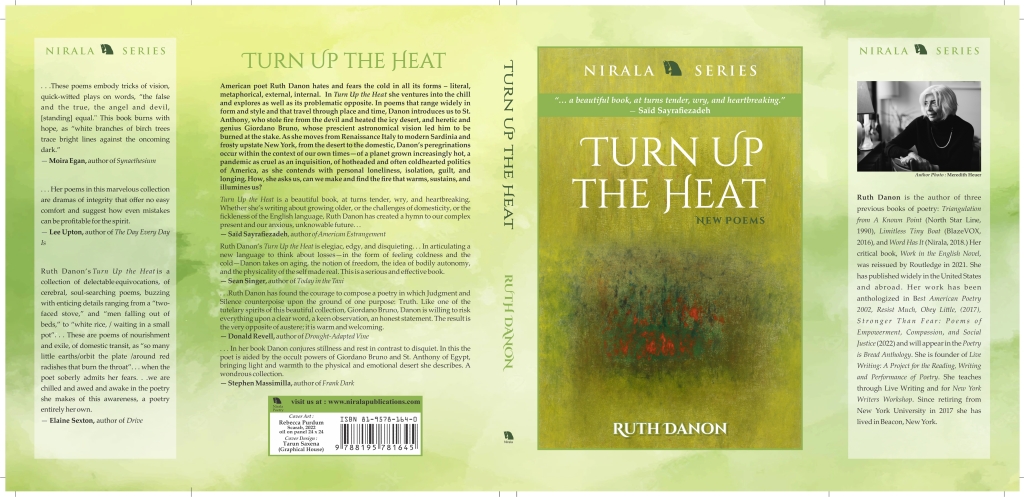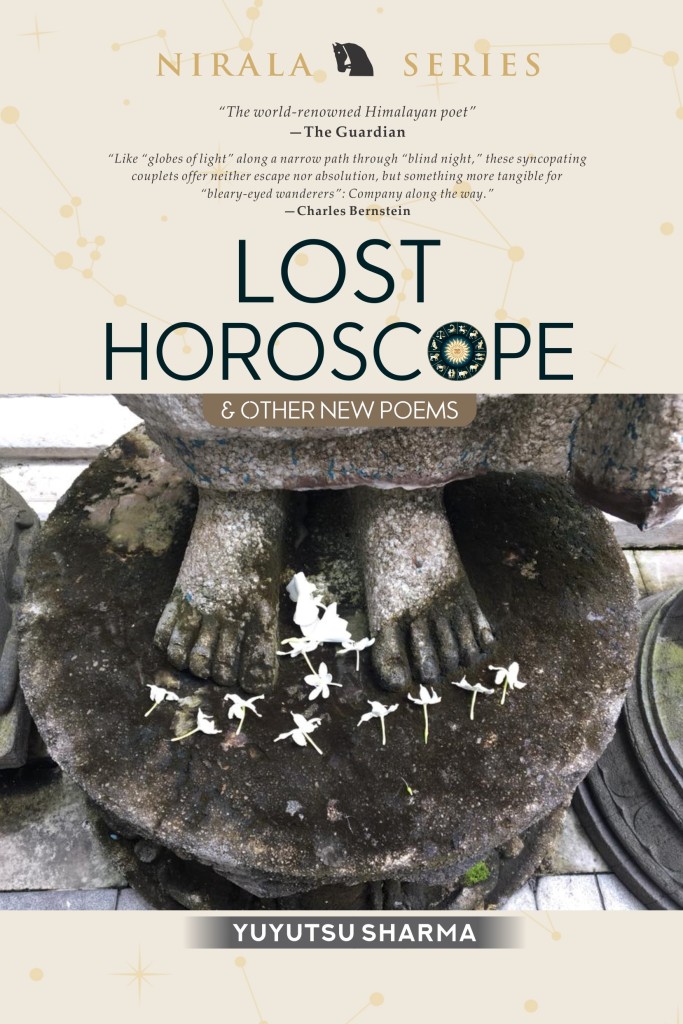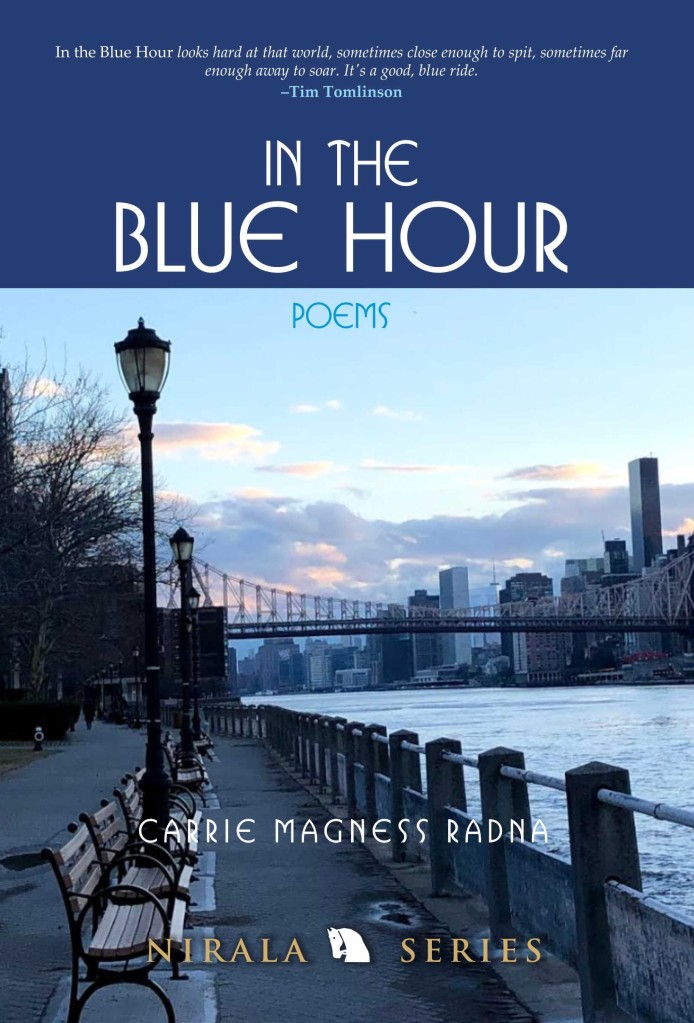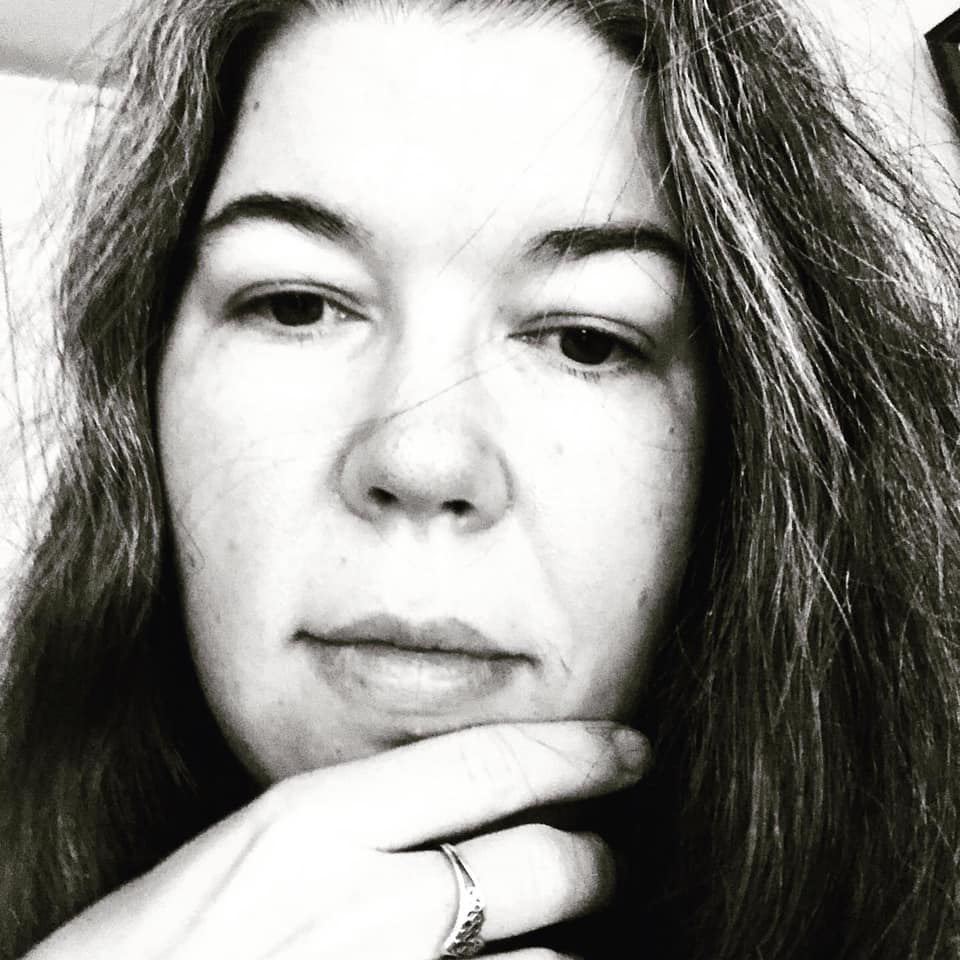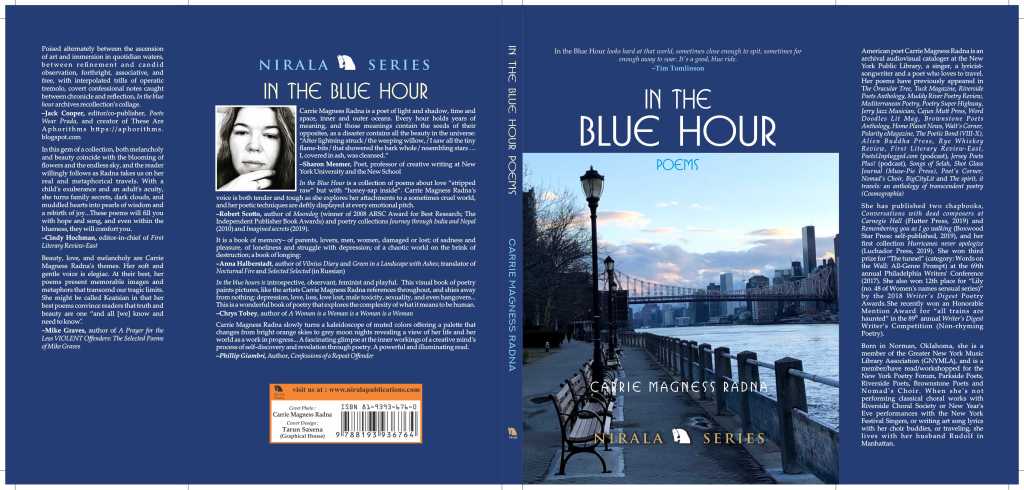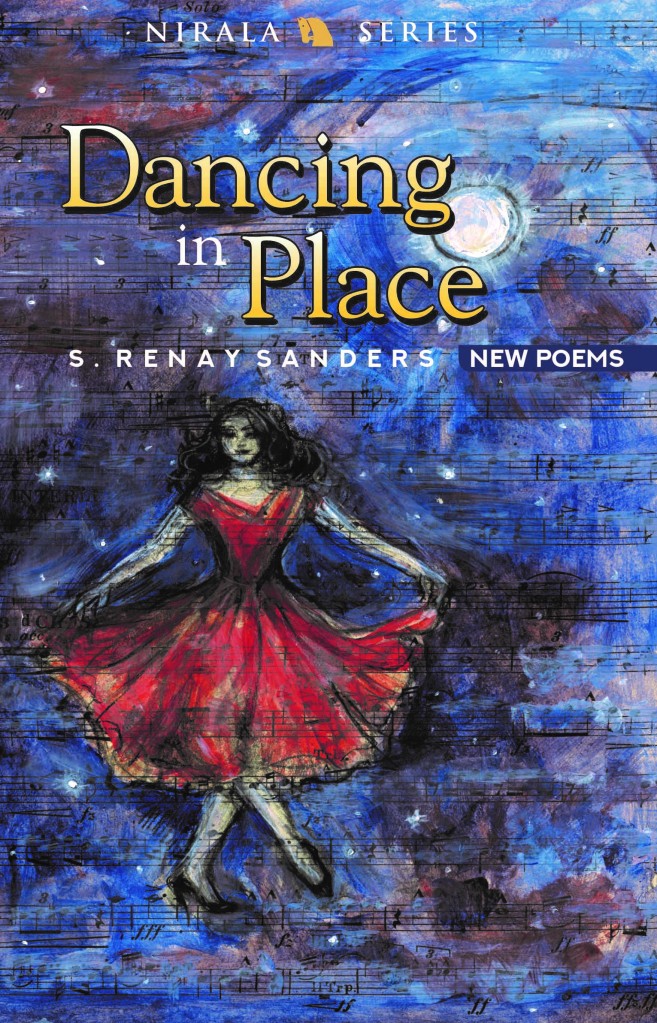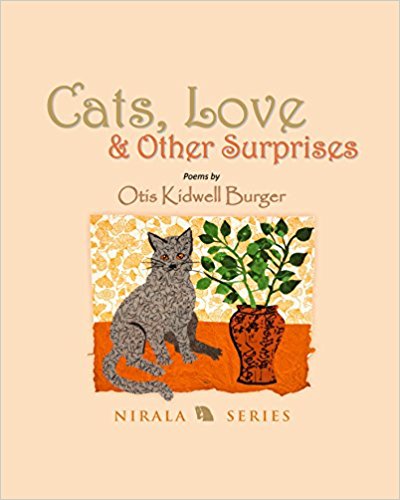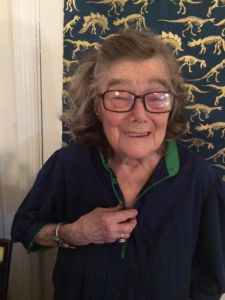Poems by David Daniel – Art by George Cochrane
“More than a book—it’s the best record album I have ever read.”
—Matthew Lippman
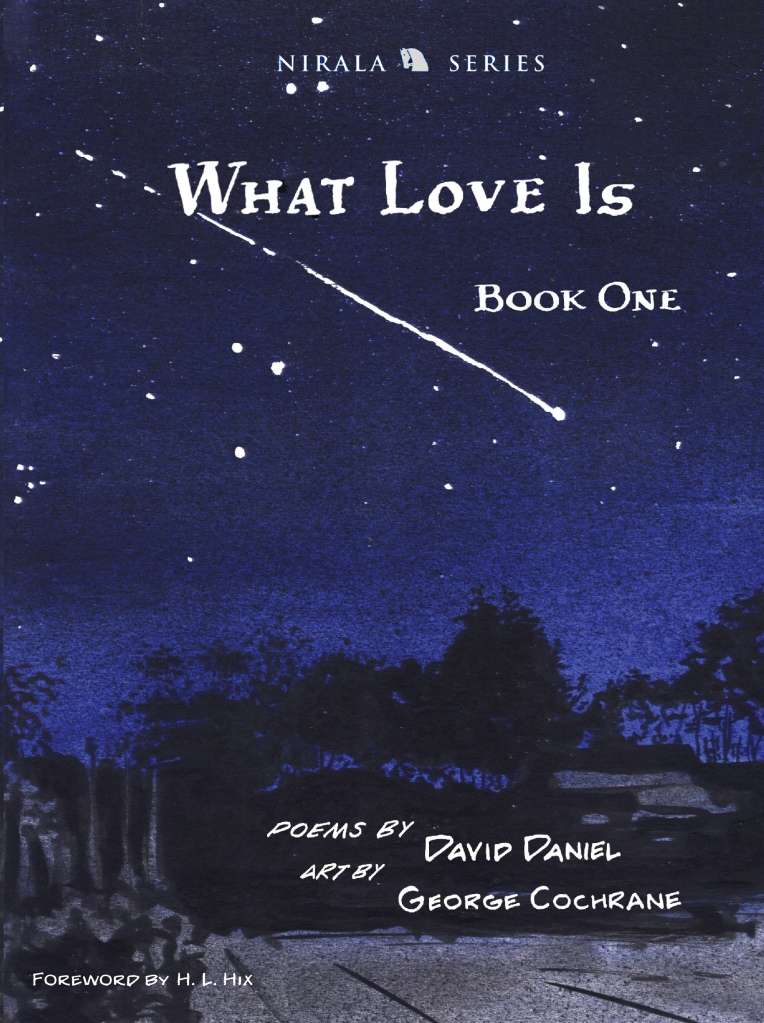
“What is a poem, what does it look like, and what can it do?”
Poet David Daniel and artist George Cochrane’s genre-bending collaboration asks and answers these most fundamental questions in their tour de force project, WHAT LOVE IS—a kaleidoscopic experience of over-lapping poems, images, and co-authored commentary that tell a dazzling, true story about the ordinary, heartbreaking, surprising, and sometimes miraculous manifestations of love that are all around us.
Daniel, an award-winning poet, and Cochrane, a widely exhibited and published artist, engaged in daily conversations over the course of a year, covering every detail of WHAT LOVE IS. The resulting volume’s marriage of text and image explodes traditional notions of poetic form and offers a stunning example of poetry integrated into a larger, ever-evolving visual experience. Cochrane’s artwork is not simply paired with Daniel’s words—instead, it transforms them, initiating a dialogue that activates new circuits of meaning and opens new avenues for interpretations.
Drawing on illuminated manuscripts, the work of William Blake, and comic books, Cochrane reimagines some poems as graphic novels, ranging from nine to twenty pages, expanding them into another language entirely—one that includes panels, sound effects, additional text, musical notation, and speech balloons. Daniel’s elegant, yet emotionally raw poetry meets Cochrane’s singular artistic vision—one founded in making his own autobiographical graphic novel and creating a new illuminated manuscript of another poet’s work, Dante’s Divine Comedy. The goal, according to Daniel, was to create a single vision that includes various points of view “that show the contrary states of the human experience, specifically the experience of love.” The result provides a unique portal into the world of poetry and art.
“This is a must have for any educator aiming to engage teens and young adults in the arts,
or perhaps more importantly, in the art of being.”
—Dr. Daniel Gray Wilson, Harvard Graduate School of Education
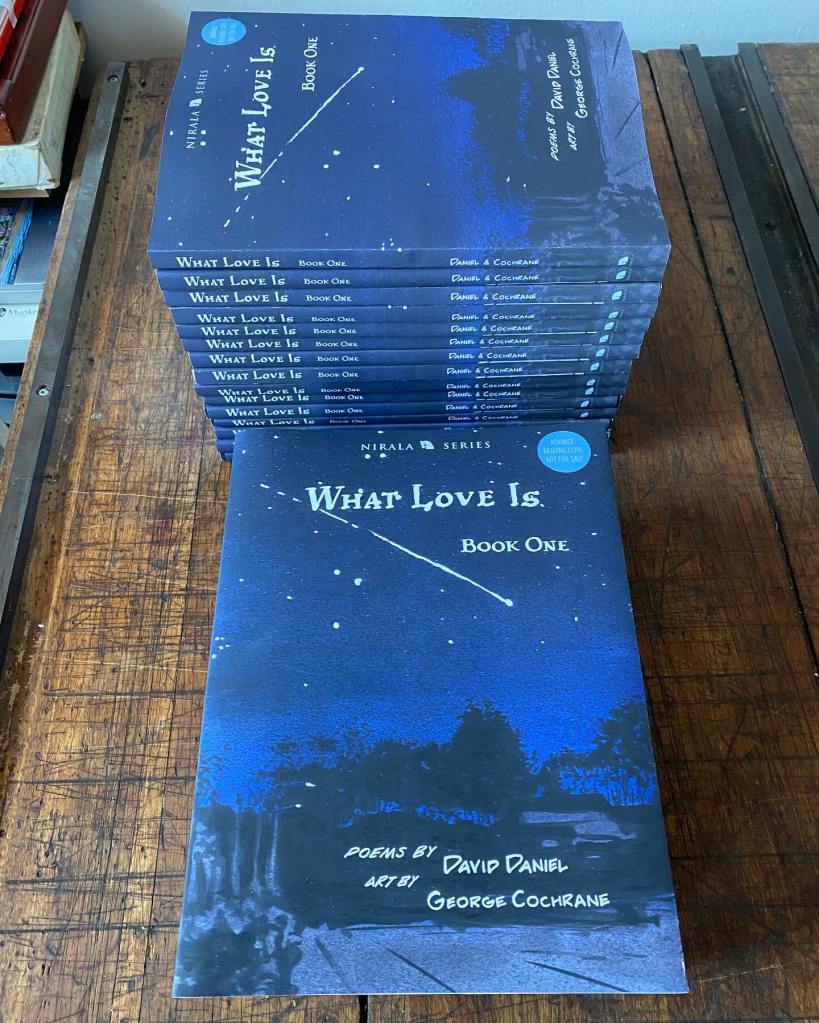
The book is divided into three sections: the illuminated poems, the poems presented in plain text, and a co-authored commentary detailing the unique collaborative process, including background information on the poems and art. A reader can enter at any point, starting with the preface, the illuminations, the poems, or even the commentary, to chart their own path through what love is.
As National Book Award Finalist H. L. Hix writes in the foreword: “Of all the kin that What Love Is might claim, none is closer than the books of William Blake, their images and words merged and magicked in service of love. In their collaboration, the two artists become a third artist. And when I read What Love Is, when I am with it in the way of attention, the two of us, I and this book, are accompanied by a third, a spiritual presence other and greater than either of us in separate.
ABOUT THE POET
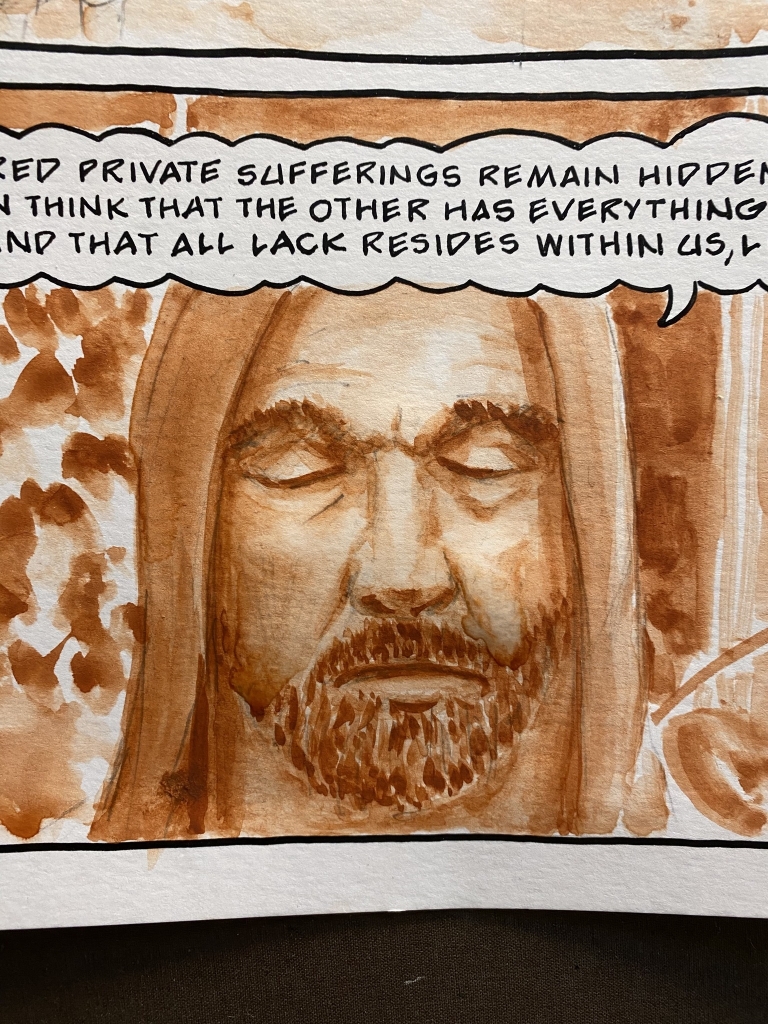
David Daniel is the award-winning author of Seven-Star Bird (Graywolf Press) and Ornaments (Pitt Poetry Series). He directs the undergraduate creative writing program at Fairleigh Dickinson University, where he founded WAMFEST: The Words, Art, and Music Festival. He designed WAMFEST to break down barriers between the art most of us grow up being inspired by and the art of the academy—a project similar to this one—and it has included extraordinary collaborations between Bruce Springsteen and Robert Pinsky, C.D. Wright and Rosanne Cash, Talib Kweli and Quincy Troupe, Kristen Hersh and Tom Sleigh, among dozens of others. For fifteen years, he was the poetry editor of Ploughshares, and for several years Daniel was Core Faculty of the Writing Seminars at Bennington College. Daniel lives in Belmont, Massachusetts. daviddanielpoetry.com
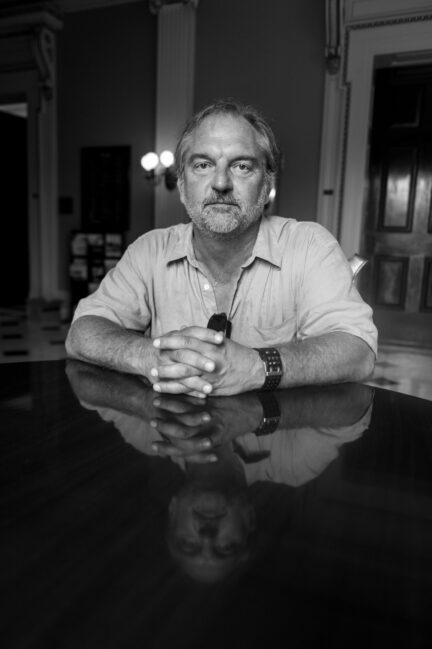
ABOUT THE ARTIST
George Cochrane’s graphic novel-in-progress, Long Time Gone, was first shownat theMassachusetts Museum of Contemporary Art in 2009, and later exhibited at the Tweed Museum, 153 Studio, Five Myles Gallery, and the Shirley Fiterman Art Center. Long Time Gone episodes (created with his daughter Fiamma) have appeared in Esopus, Bomb, and the Deli. In 2018, Cochrane published Inferno (Thornwillow Press), a completely illuminated manuscript of Dante’s Divine Comedy, Inferno by Cochrane.Cochrane’s complete La Divina Commedia – The New Manuscript (Facsimile Finder) was published in Italian and English editions in 2021. His oil paintings, drawings, prints, and artist books have been widely exhibited in the US and abroad. Cochrane lives in Brooklyn and is a professor of Fine Art at Fairleigh Dickinson University.
georgecochrane.net

ADVANCE PRAISE
“What Love Is is more than a book—it’s the best record album I have ever read. Its poems and text and artwork swim and interact like some highly evolved organism, some highly sophisticated and simply organized symphony of doo-wop bounce and funk. What Love Is is a miracle of visions coming together to make something utterly new and emotionally reverberant. It is a vision of what it means to be inside of love and to know that there is no way out no matter how much crying you do, no matter how much time has gone by since the last time you held it in your hands.”—Matthew Lippman, We Are All Sleeping With Our Sneakers On (Four Way)
“A raunchy, lyrical, romantic, passionate, vulnerable, mortal work: poems and drawings riff together in this loving and wounded collaboration. One answer to the question of the title—What Love Is—is the book itself: love is poet and artist finding form together, as David Daniel and George Cochrane have beautifully done.” —Rosanna Warren, So Forth (W. W. Norton); former chancellor of the Academy of American Poets
“Daniel and Cochrane’s gorgeous collaboration is a stunning gift to us all. Their visual and verbal collages are unflinchingly honest pairings of love and mortality, companionship and solitude, loss and hope in a brutally beautiful world. They leave poetic pretense at the door by dignifying the real and raw in our everyday experience. This is a must have for any educator aiming to engage teens and young adults in the arts, or perhaps more importantly, in the art of being.” —Dr. Daniel Gray Wilson, Harvard Graduate School of Education

